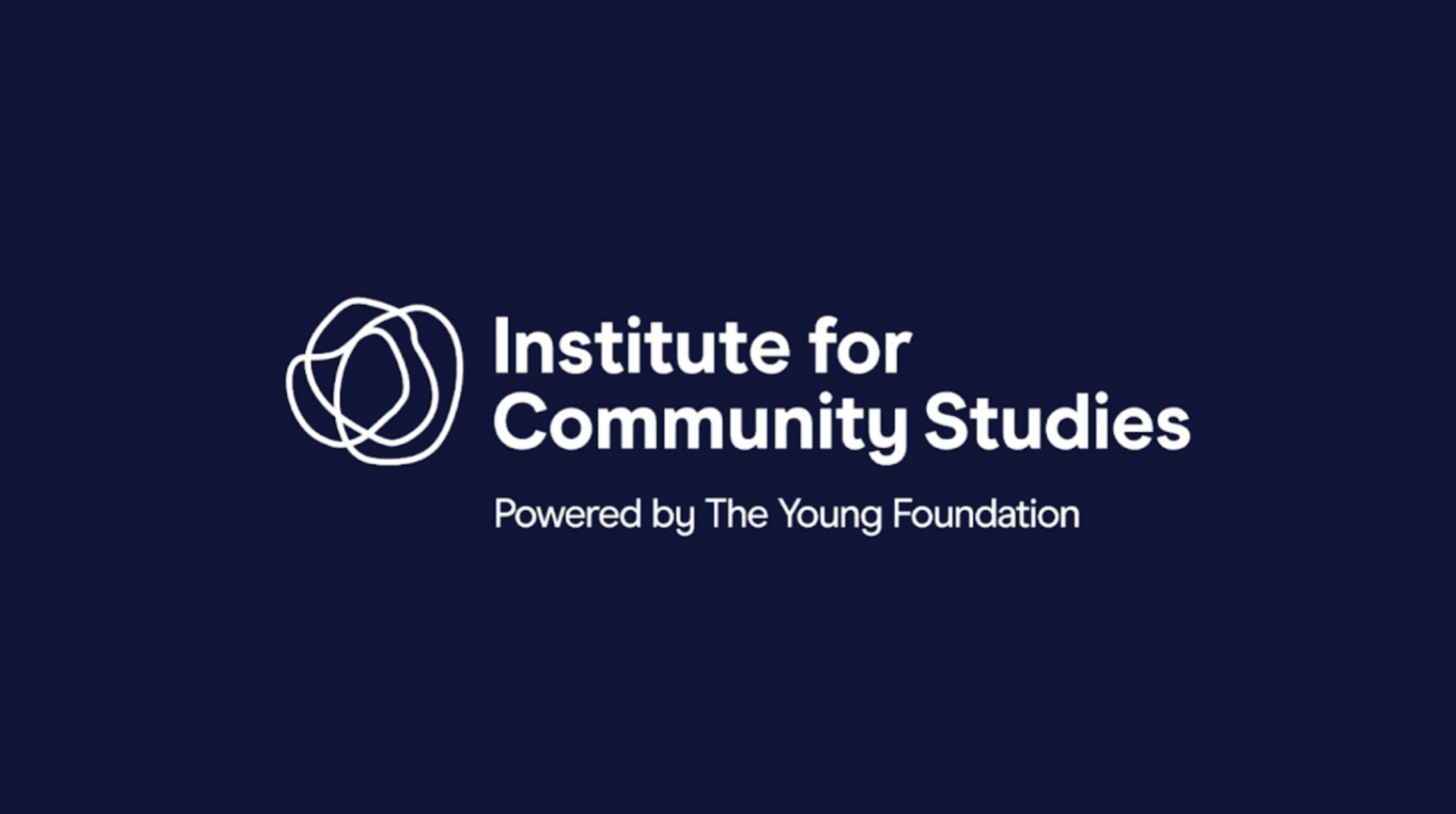The UK has set ambitious targets to reach net zero greenhouse gas emissions by 2050.
This major transition will require changes in behaviour and participation from all households and communities. However, a new report from the Institute for Community Studies highlights that the transition risks widening existing inequalities if policies do not account for the varying constraints and opportunities different groups face.
The report argues we need a more “person-centred, place-based approach” to policy and collective action on net zero. This means understanding how the transition will affect different people’s everyday lives and capabilities. It also means recognising how community conditions shape participation. Without this, the transition may push vulnerable families further into deprivation.
The need for policy and other behaviour change interventions, co-produced with citizens, is something that we’re passionate about here at Magpie. We have evidence of it working across a raft of campaigns that we’ve overseen over the past fourteen years. The report argues transition must recognise people’s motivations, capabilities and starting points.
Community Participation
Community participation matters for an inclusive transition. The report found participation is enabled when people:
- Gain economic resilience through long-term loans and financial cushions against cost changes
- Access trusted information and routes to voice concerns through community organisations
- Build skills via training for green jobs
- Experience environmental benefits locally from green spaces and infrastructure
- Find motivation through visions for how net zero improves neighbourhoods
Tackling these requires coordinated policy and collective action at national and community levels.
Different households face different challenges in the transition to net zero
The report draws on the work of Caplan, 2017; Kennedy and Snell, 2021; Snell, 2022, saying: “Households and communities in the UK do not start their journey towards transition from a place that is equal. Substantial concerns have been raised about the potential for the transition to net zero to disproportionately impact those already experiencing disadvantages.”
Outlining the barriers to economic participation, social participation, civic and political participation, education, employment and skills participation the report suggests a more targeted approach is needed to develop transition strategies, accounting for the different starting points, vulnerabilities and assets of different places in the UK.
Here are COM-B models analysing the barriers to participation in net zero transition across those domains:
Economic Participation
Capability: Lack of financial literacy, inability to afford upfront costs
Opportunity: Limited access to capital/loans, split incentives between tenants and landlords
Motivation: Focus on short-term costs rather than long-term savings
Social Participation
Capability: Lack of knowledge about low-carbon social options
Opportunity: Poor public transport and infrastructure for active transport
Motivation: Prioritising convenience / status quo in social habits
Civic and Political Participation
Capability: Lack of climate literacy and policy knowledge
Opportunity: Under-resourced community groups, lack of local influence channels
Motivation: Disempowerment and lack of self-efficacy due to government messaging
Education, Employment & Skills
Capability: Lack of awareness of green job opportunities
Opportunity: Limited training and employer investment in upskilling
Motivation: Uncertainty about career change, scepticism about true demand for green skills
Core recommendations for policymakers
- Apply the person-centred, place-based framework when developing net zero policies and incentives. Assess how proposals enable or hinder participation for different groups.
- Prioritise economic support like loans or cost cushions for low-income households facing large upfront investment needs.
- Explore more devolved governance and region-specific transition plans to leverage local opportunities.
- Fund community organisations to engage people locally and feed insights on fairness into policy design.
- Adopt a “place readiness” approach using data to identify and activate high-potential areas for equitable decarbonisation.
Core recommendations for communications teams
Additionally, communications have a key role in enabling participation. The recommendations emerging from the report were very familiar to our team of creative behaviour change campaigners;
- Segment audiences and test messaging to ensure net zero communication motivates and provides clear guidance for action based on lifestage, resources, place-based factors etc.
- Partner with trusted community influencers to convey locally-relevant information. Go beyond one-way messaging to two-way dialogue on barriers.
- Highlight visions for how net zero improves everyday life ‘on the ground’ – from warm homes to less air pollution. Make the benefits tangible.
- Use inclusive language and images reflecting diverse communities. This builds a sense of agency and belonging in the transition.
- Provide long-term mass media campaigns on net zero participation, like seatbelt and smoking messages. Sustained exposure drives norm change.
The path to an equitable net zero future requires unprecedented collaboration across government, business, communities and citizens.
Let’s get started – contact Magpie to learn more about how we can transition in an inclusive way.
